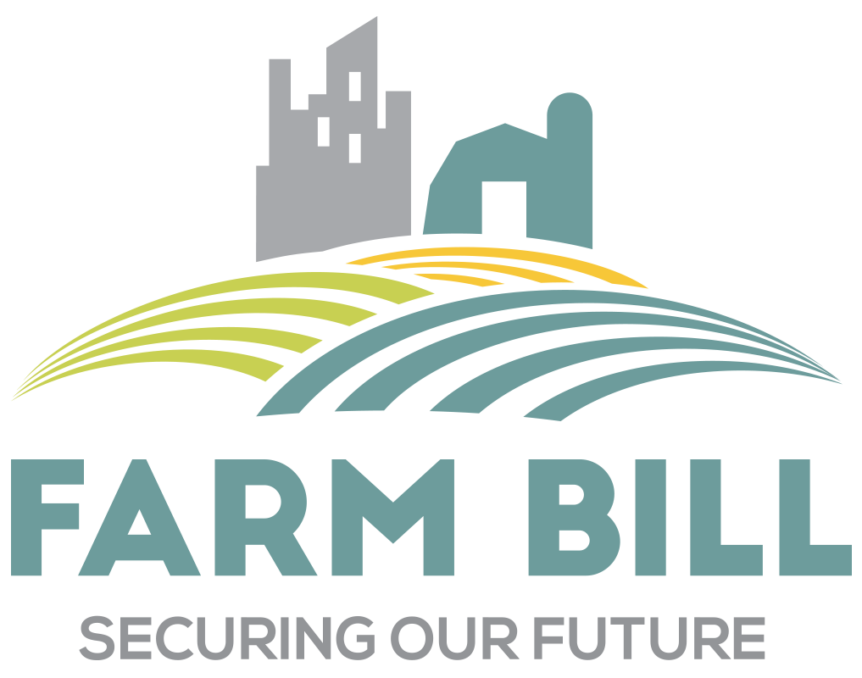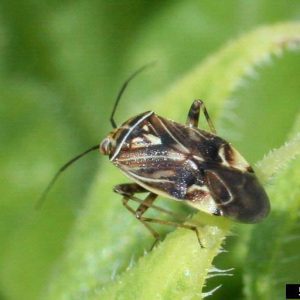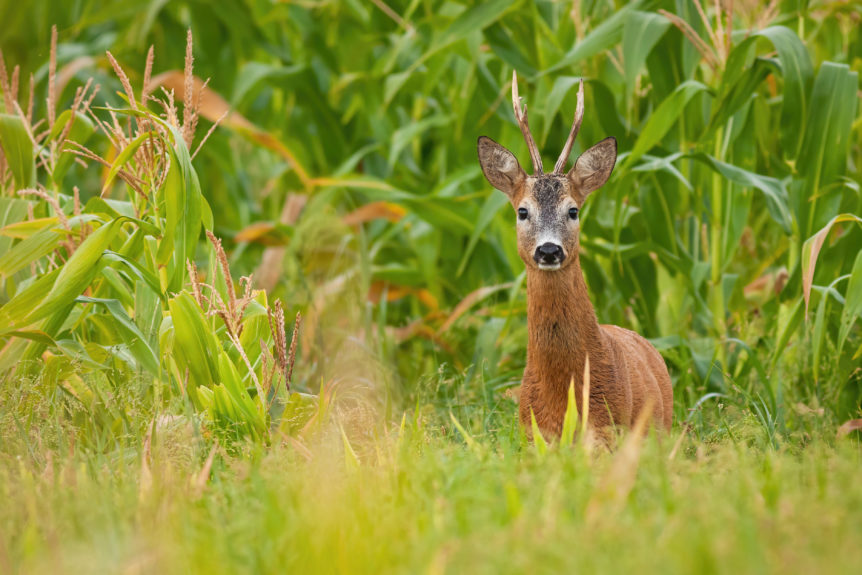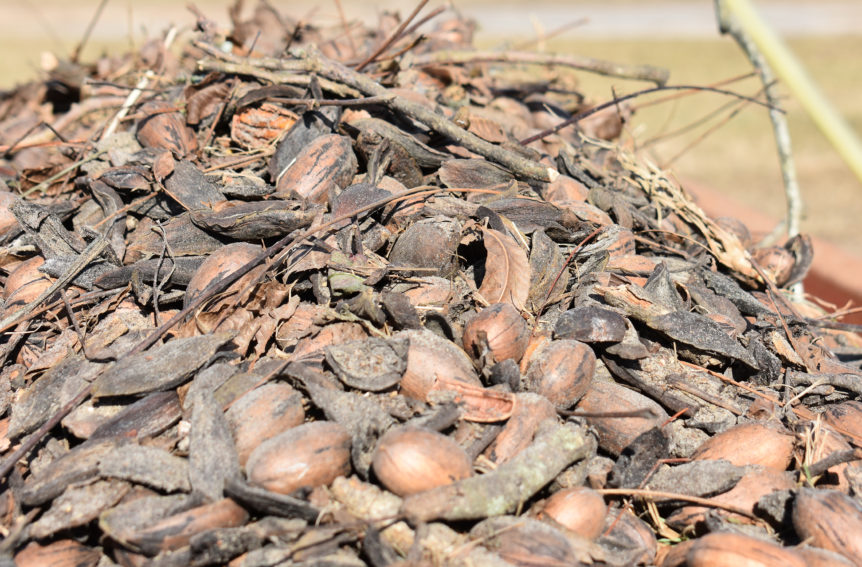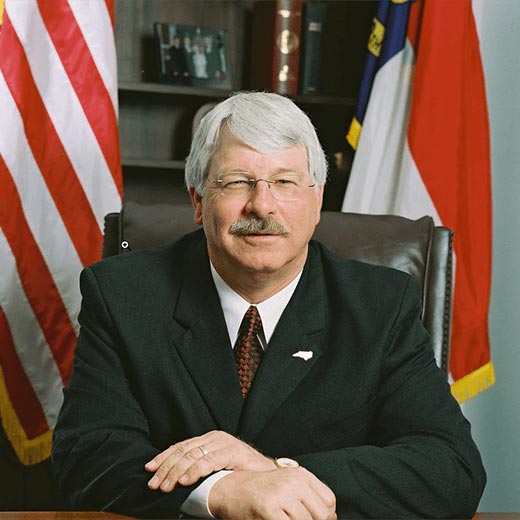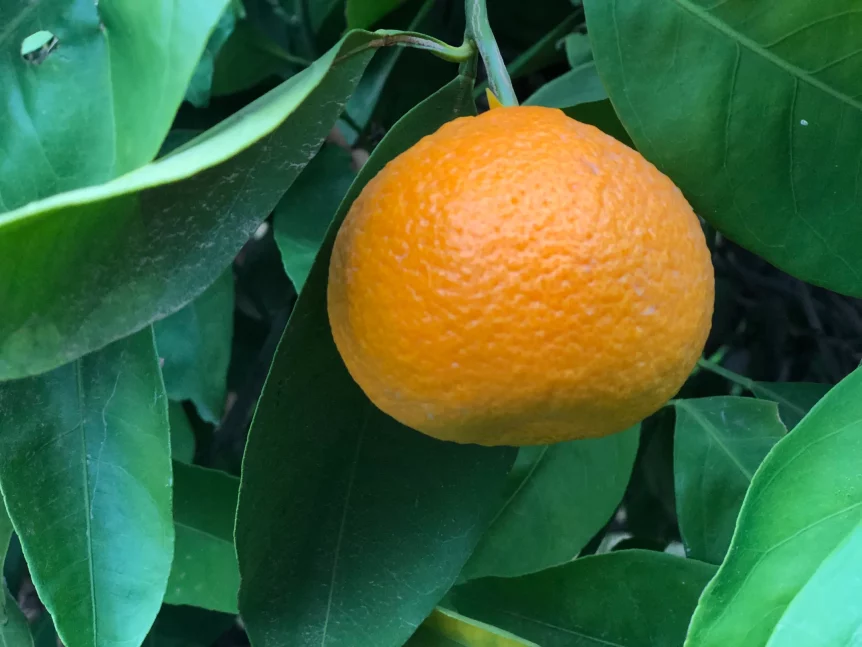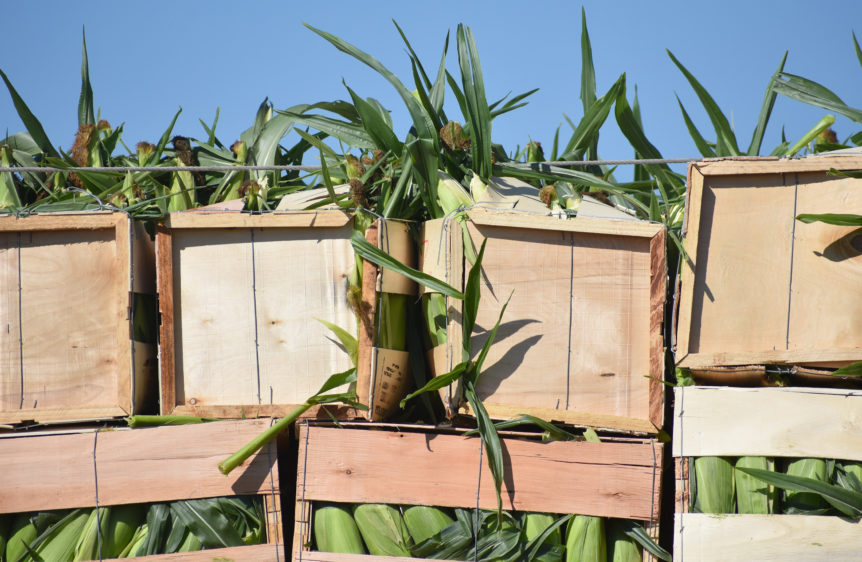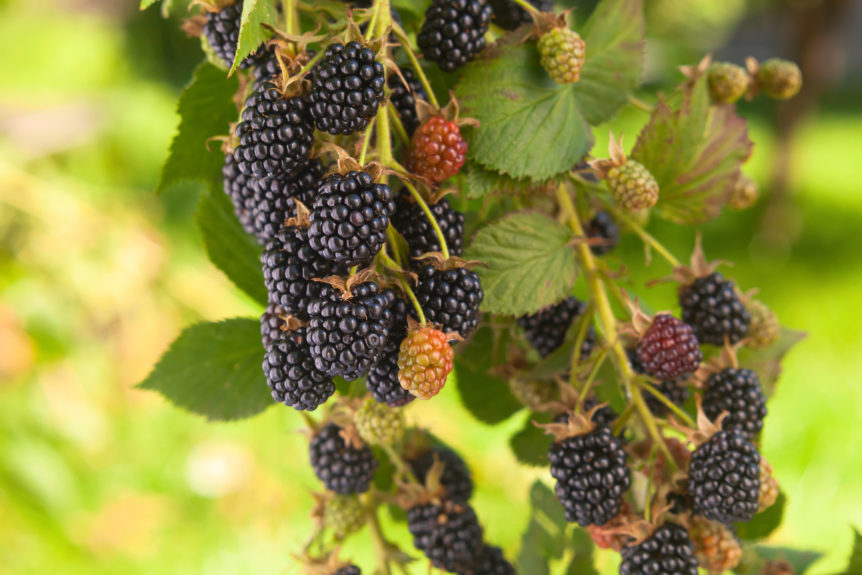WASHINGTON, D.C. (May 24, 2024) – The Specialty Crop Farm Bill Alliance (SCFBA) has released the following statement following the U.S. House Agriculture Committee’s passage of the farm bill: “We thank Chairman Thompson and his staff for including so many investments for specialty crops in his bill, as well as the countless Democrats and Republicans on the House Agriculture Committee …
Registration Open for Citrus and Specialty Crop Expo
By Clint Thompson Registration is officially open for this year’s Citrus and Specialty Crop Expo, scheduled for Aug. 21-22 at the Florida State Fairgrounds in Tampa, Florida. The two-day event, hosted by AgNet Media, provides vital information for both the citrus and specialty crop industries, while also allowing attendees to interact with tradeshow vendors that will be in attendance. Josh …
Tarnished Plant Bug’s Impact in Alabama Strawberries
By Clint Thompson Tarnished plant bugs have impacted Alabama’s strawberry crop this season. Growers’ success in managing the pest in the future will depend on scouting, says David Lawrence, regional Extension agent in central Alabama. “Especially the growers that have seen them this year, they need to mark that date on their calendars of when they saw it, and the …
Pests in Disguise: Georgia Helping Farmers Hurt by Feral Hogs, Deer
Agricultural pests are sometimes disguised as animals looking for food sources. Unfortunately for producers in Georgia, that food source will often be their crops. Georgia’s legislative leaders are arming state agencies with substantial funding in next year’s budget to tackle this substantial problem. Included was $150,000 directed to the Georgia Department of Agriculture for the Feral Hog Task Force and …
USDA NASS: Update on Pecan Acreage, Price
By Clint Thompson Georgia’s bearing pecan acres continues to increase, though its yield per acre dropped in 2023, according to the U.S. Department of Agriculture (USDA) National Agricultural Statistics Service (NASS). Georgia’s acreage has increased from 139,000 acres in 2021, to 146,000 acres in 2022 and 148,000 acres in 2023. However, its yields per acre dropped from 898 pounds in …
N.C. Ag Economic Impact Jumps to $111.1 Billion
RALEIGH – The economic impact of North Carolina’s agriculture and agribusiness industry jumped to $111.1 billion, posting a second straight year of strong growth at nearly $8 billion, according to Agriculture Commissioner Steve Troxler. “With last year’s increase of $10 billion, that represents over $18 billion in growth since 2022 when we were coming out of a pandemic and some …
Citrus Expansion in Southwest Alabama
By Clint Thompson One Alabama Extension agent is optimistic about his region’s citrus production expanding in the near future. Jacob Kelley, regional Extension agent in Southwest Alabama, discussed the future of citrus in his coverage area, which consists mostly of satsuma mandarins. “At times it seems like (acres are) going down, but I will tell you I’ve had a lot …
Important Week for Sweet Corn Producers
By Clint Thompson The week prior to Memorial Day weekend is usually prime time for Florida’s sweet corn producers. This year is not any different, according to Tori Rumenik, director of commodity services and supply chain at the Florida Fruit and Vegetable Association (FFVA). “In terms of supply, we’ve got excellent supply in Florida for the holiday. I think you …
Blackberry Success for Central Florida Producer
Florida specialty crop farmer Matt Parke may still be a relative newbie when it comes to blackberry production. But he seems to have figured out a secret to blackberry success in central Florida. “Here in central Florida we don’t get the chill hours required to make them flower good, so you’ve got to figure out how to trick them into …
Specialty Crop Grower Magazine: Protecting Our Food Security is Critical
By Rick Scott Florida growers play a critical role in providing for and contributing to the state, its families and businesses. They are job creators, innovators and hardworking Floridians that drive our state forward generation after generation and show the rewards of hard work in achieving the American dream. That’s why I am so proud to fight every day in …










